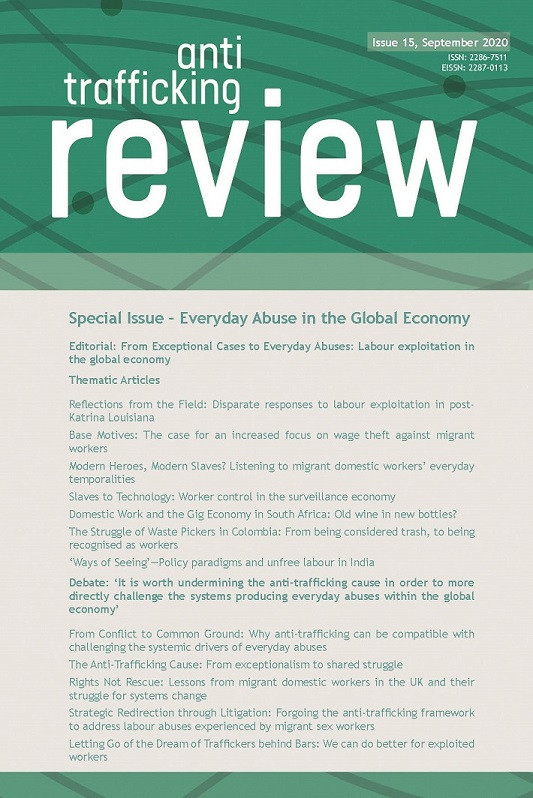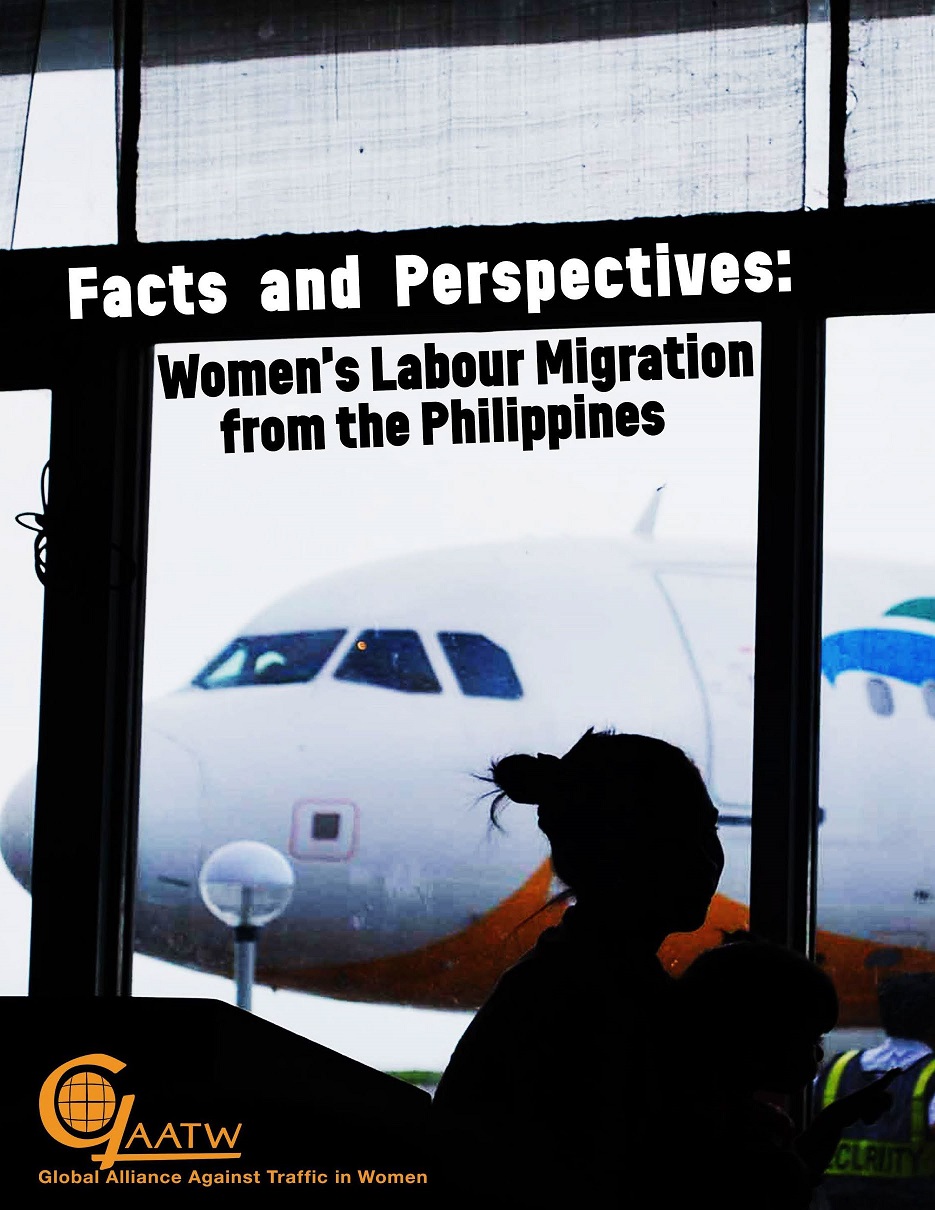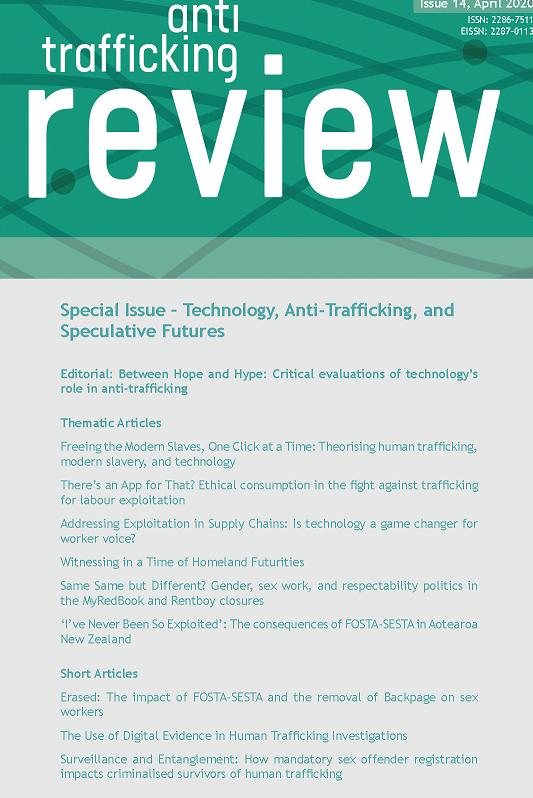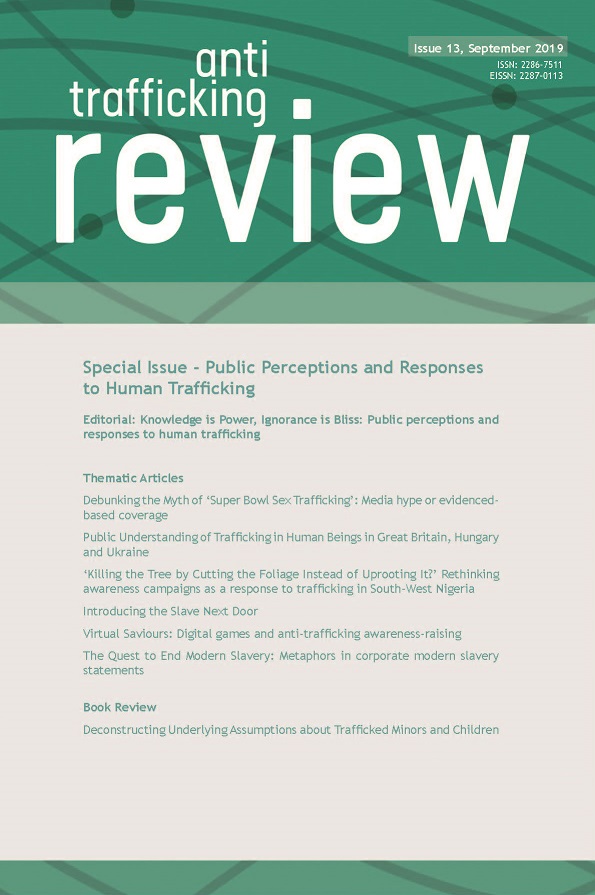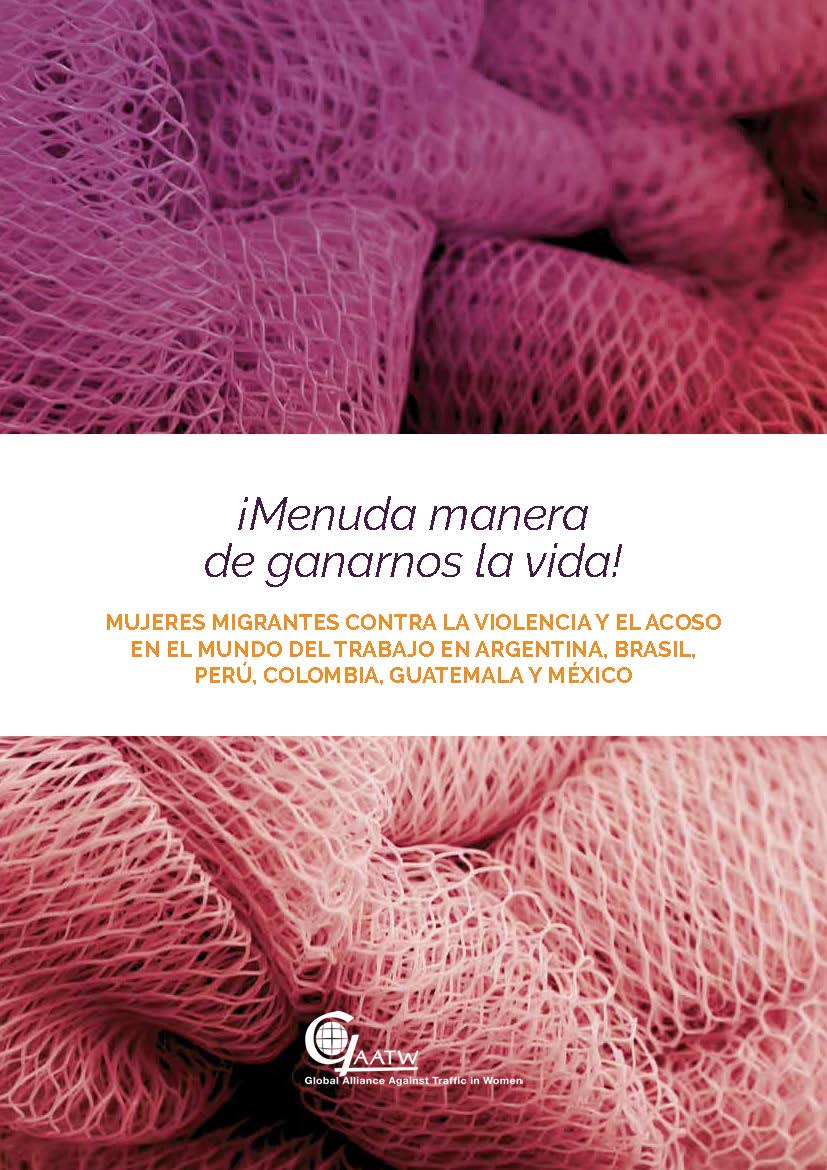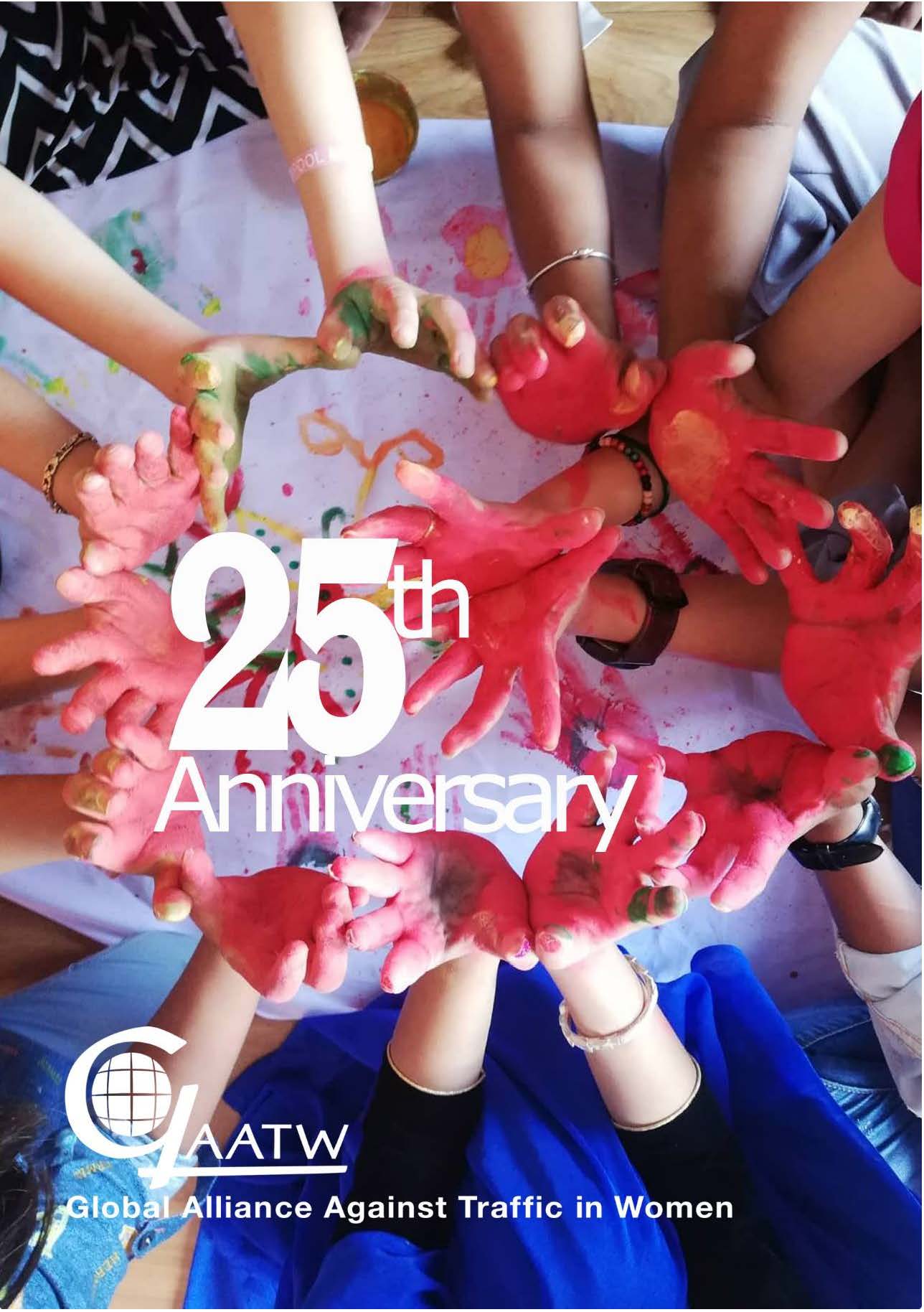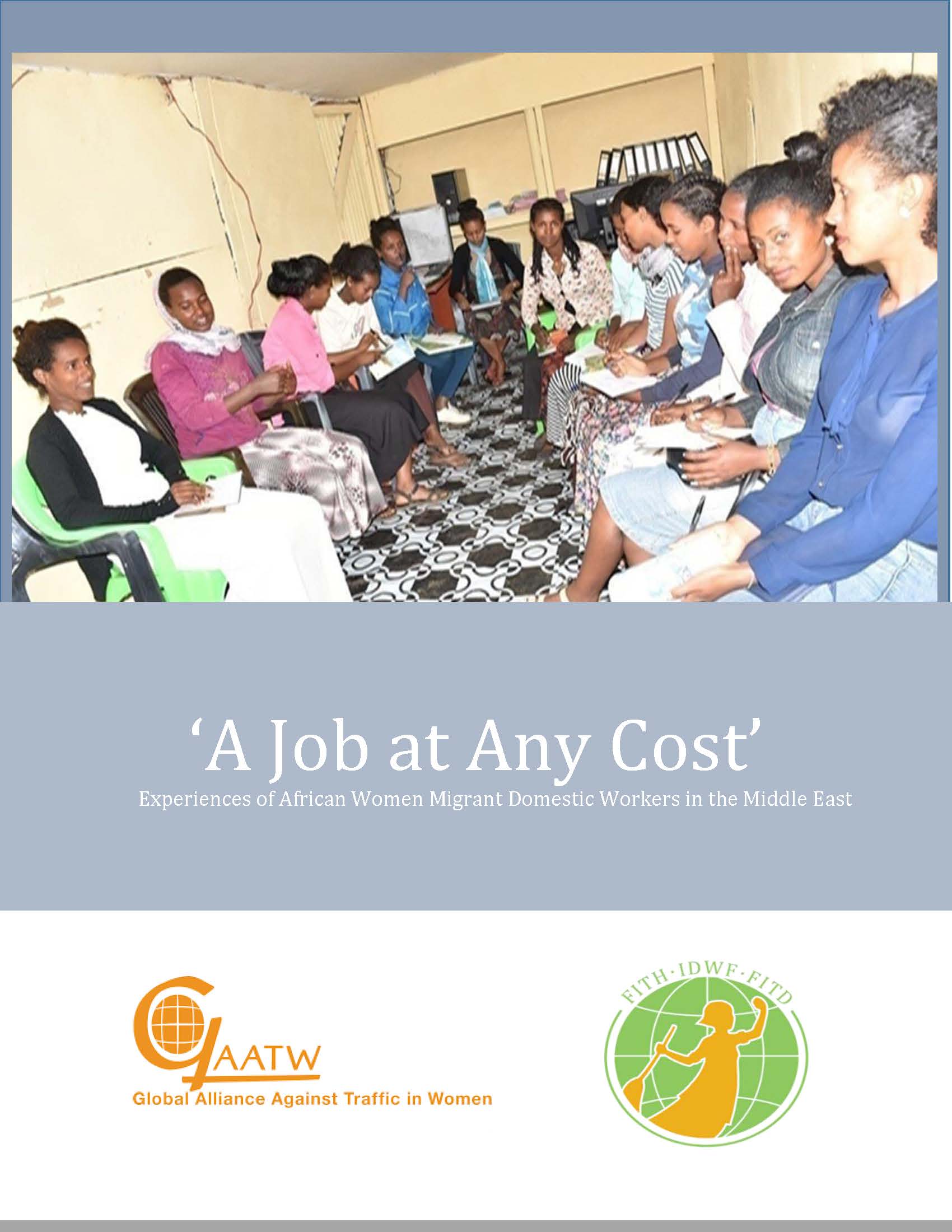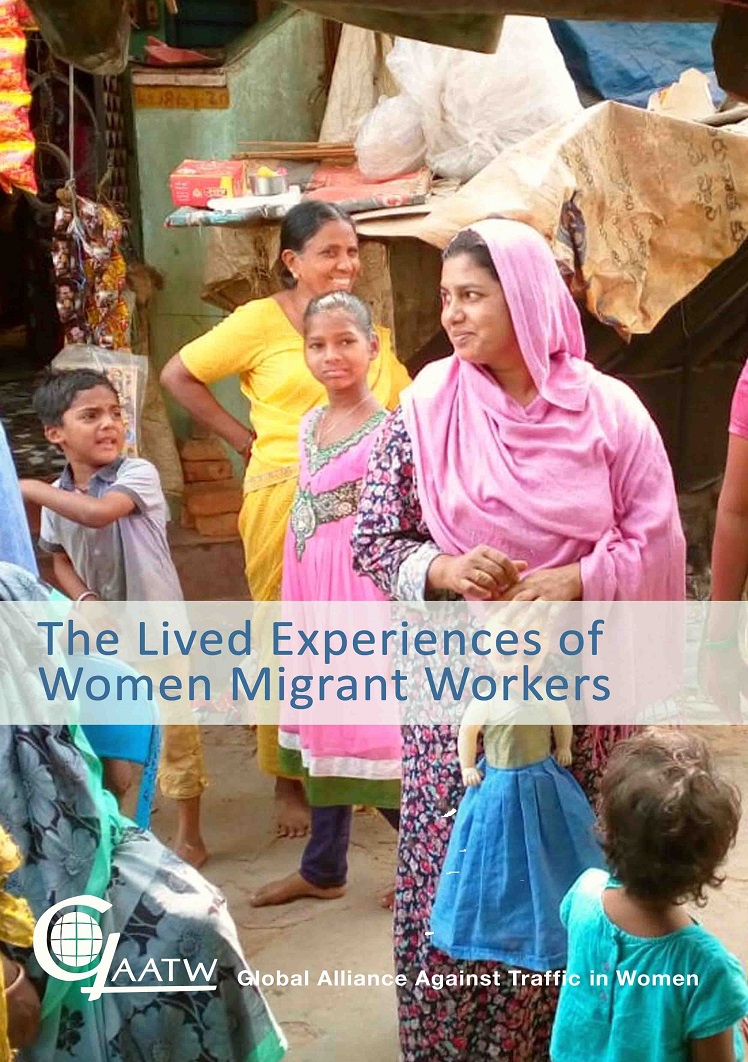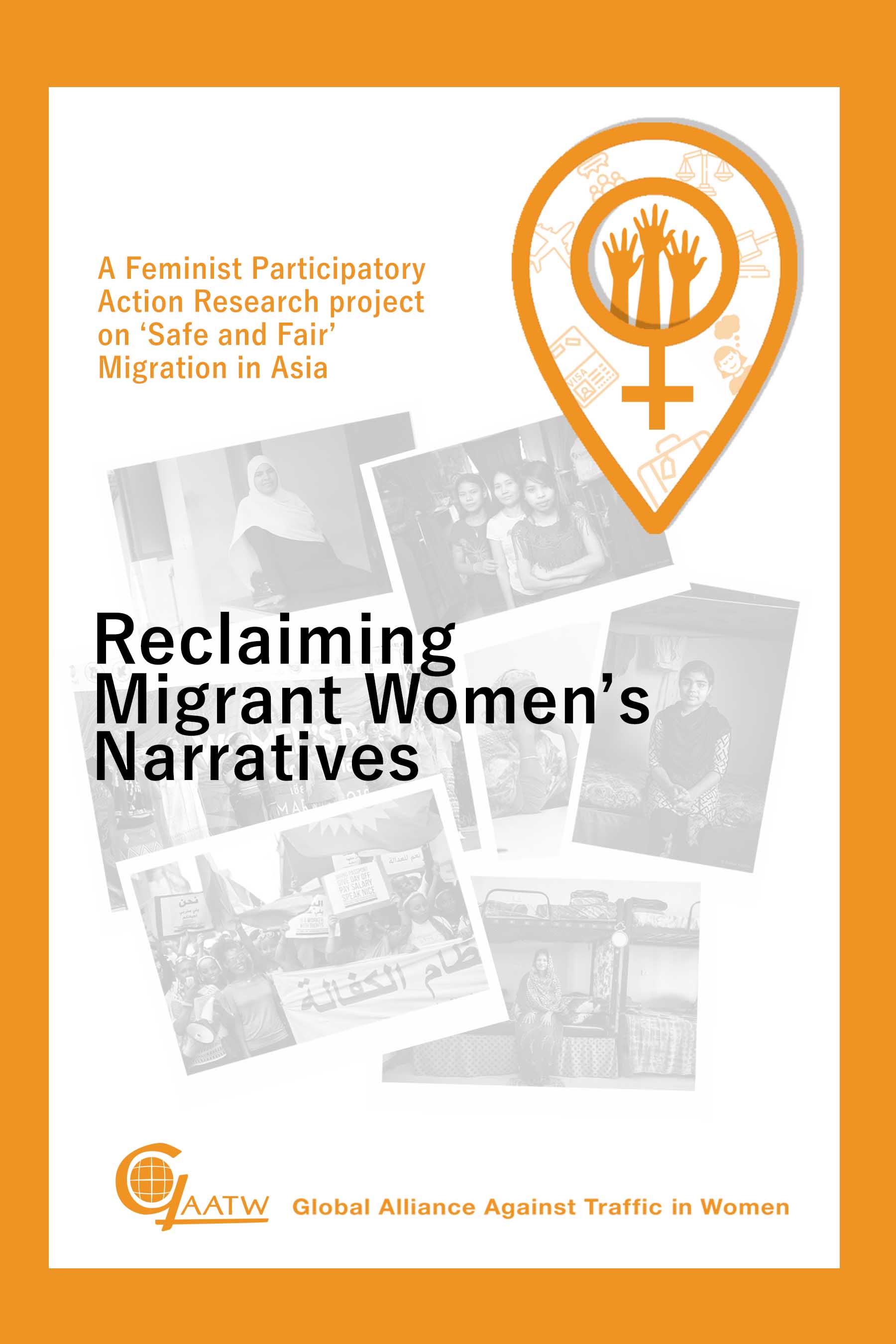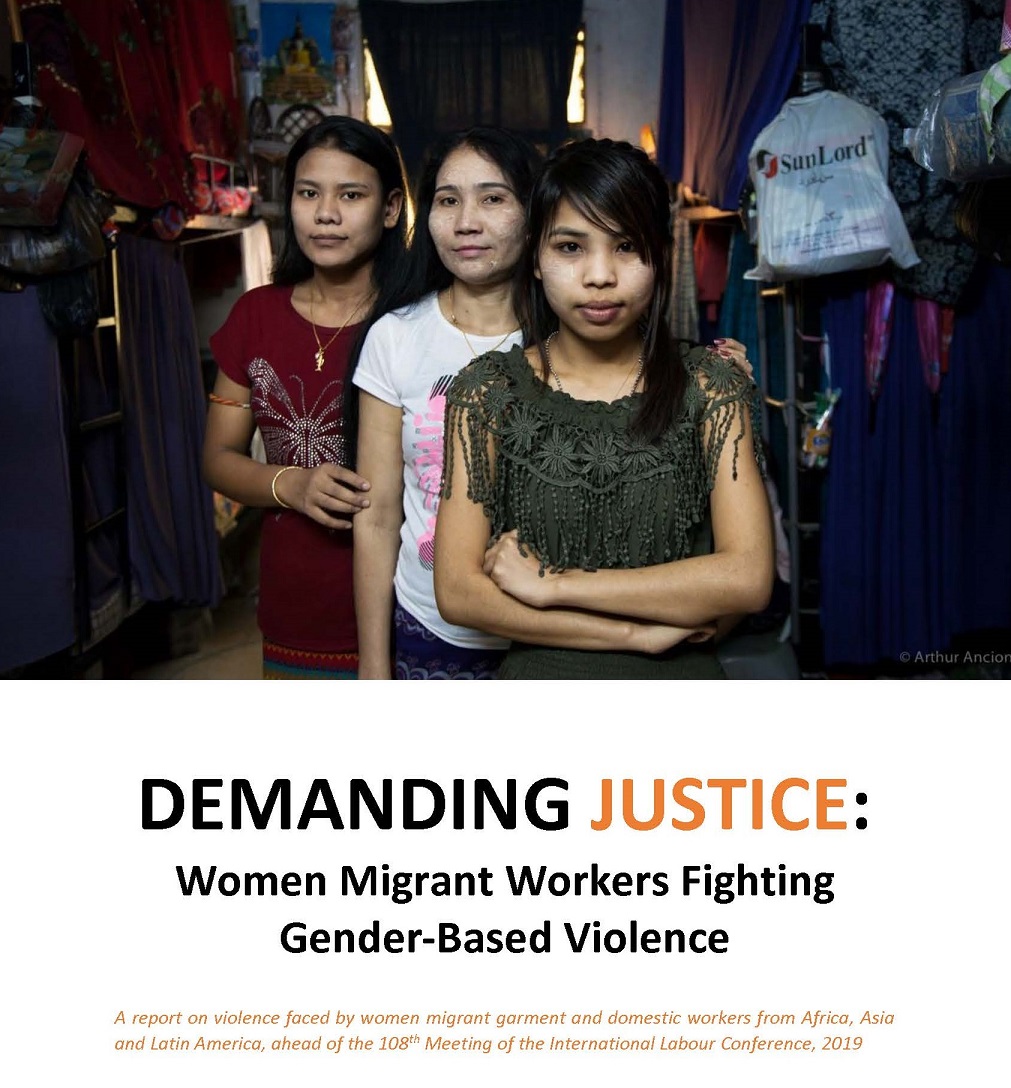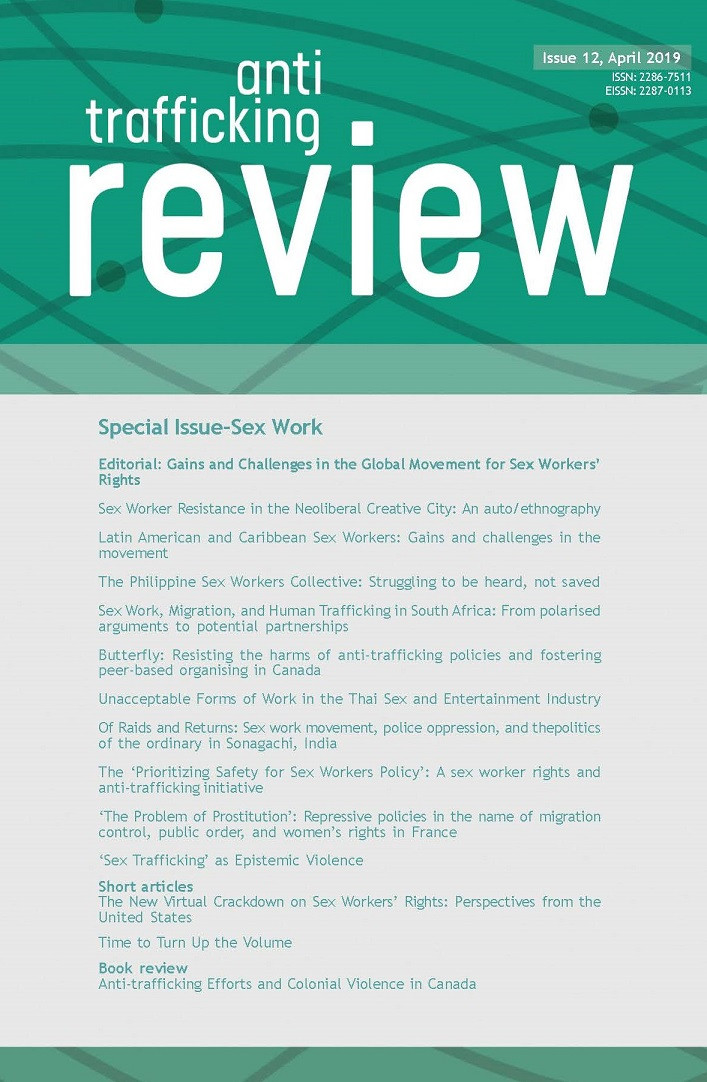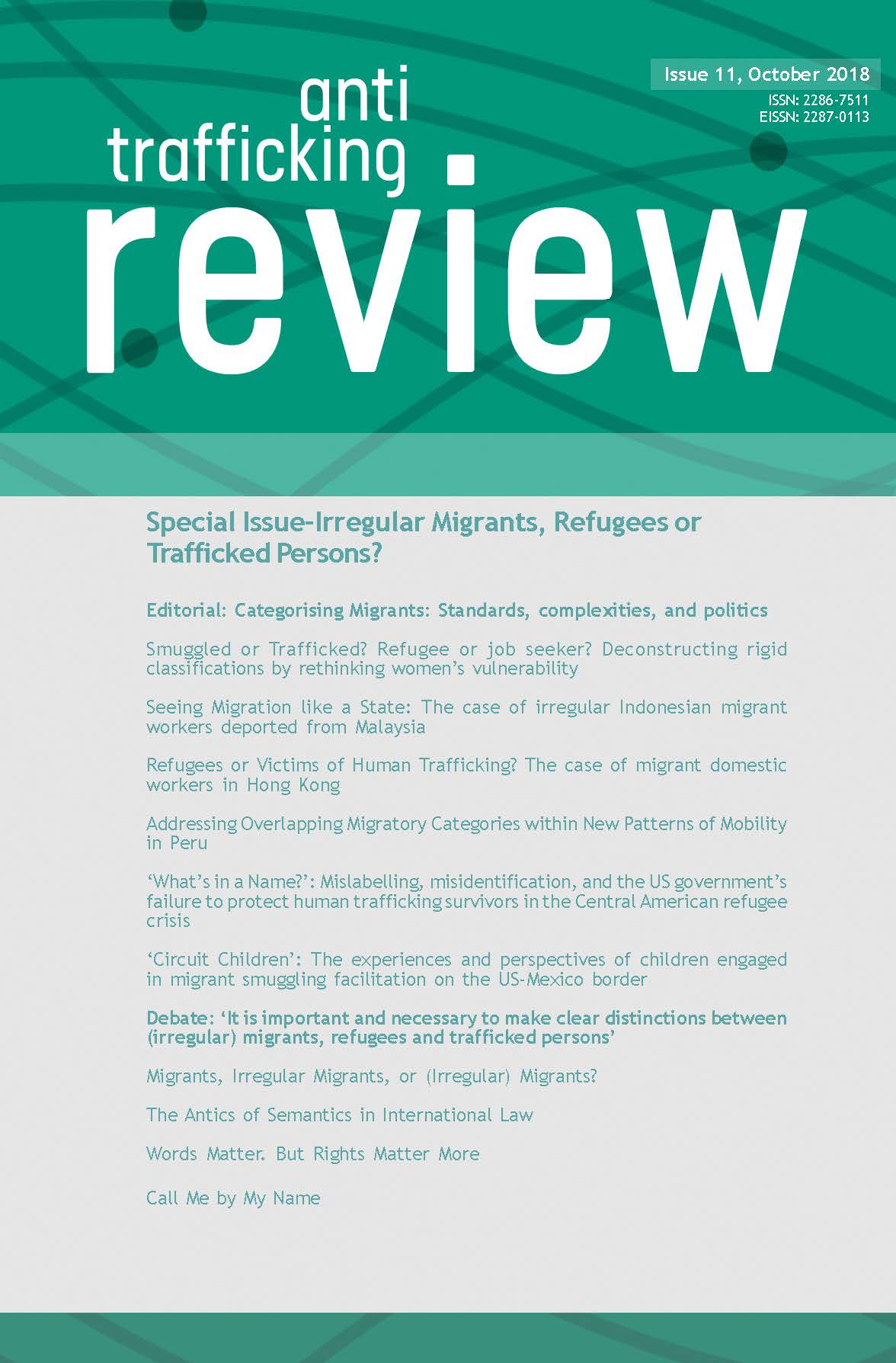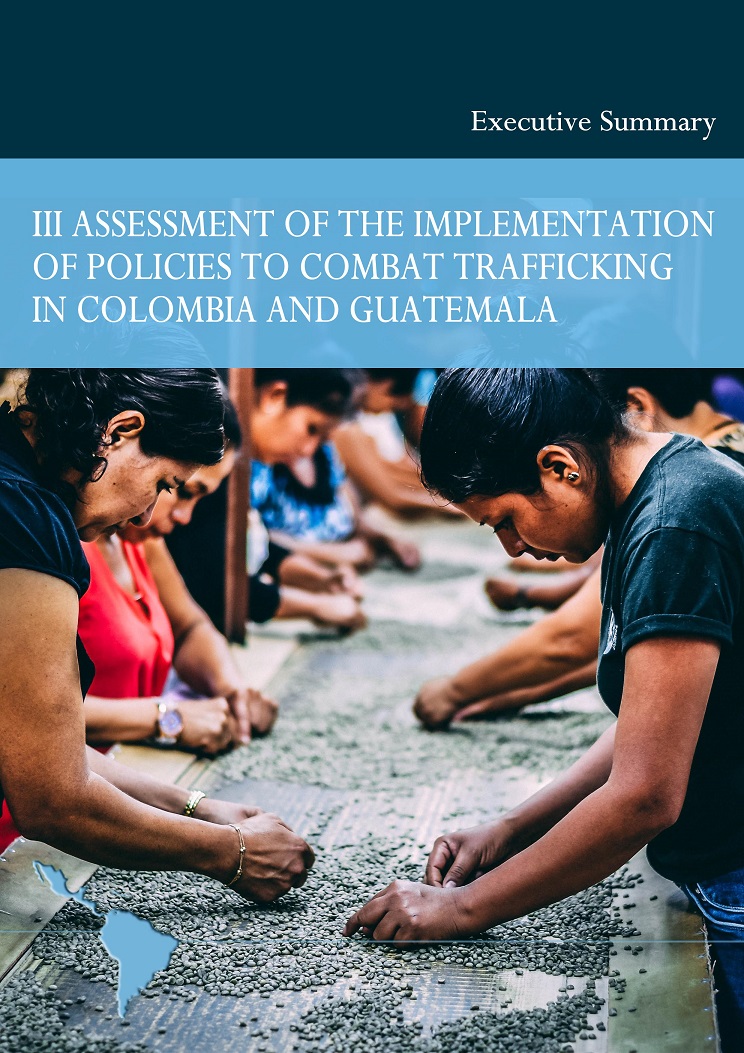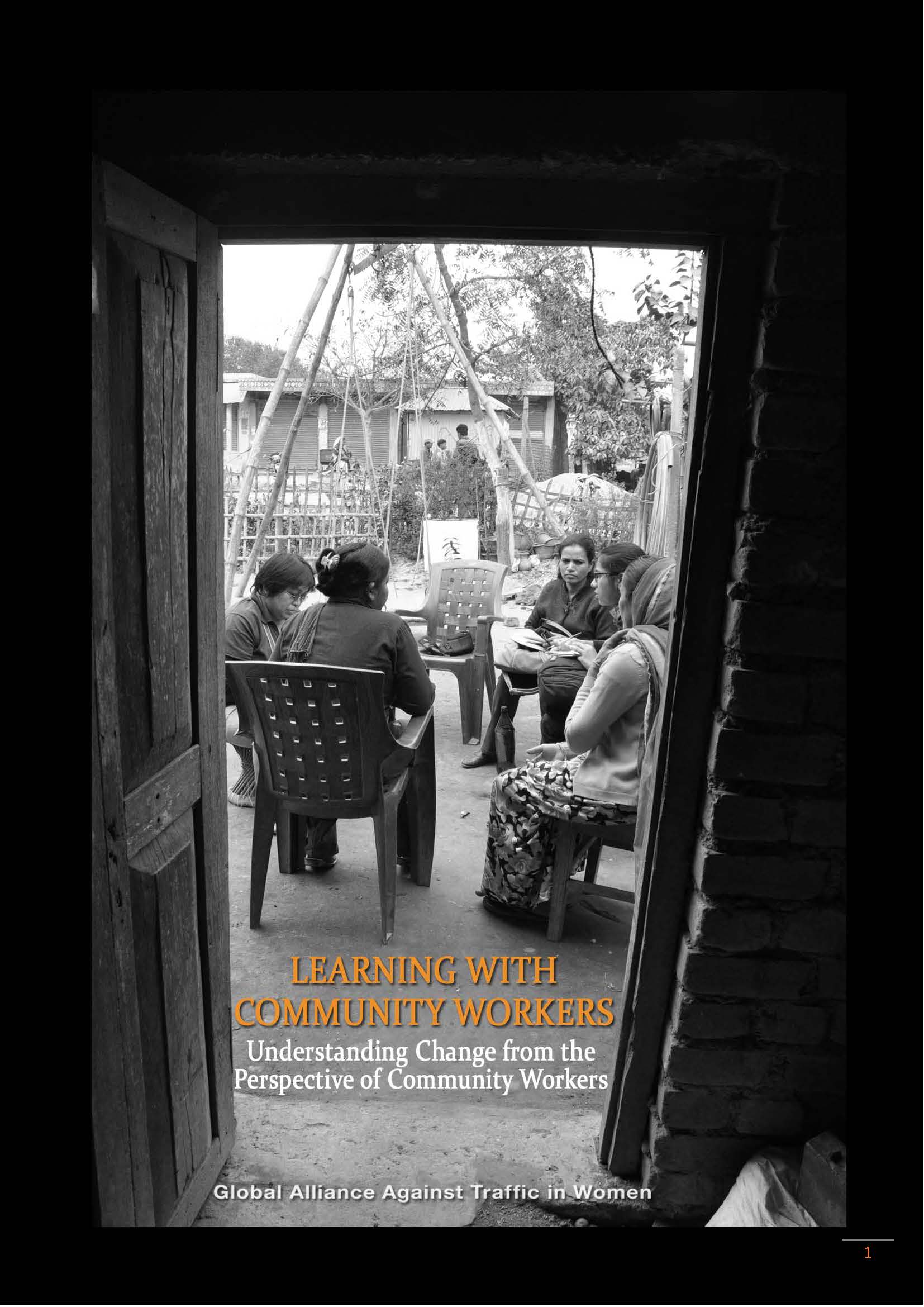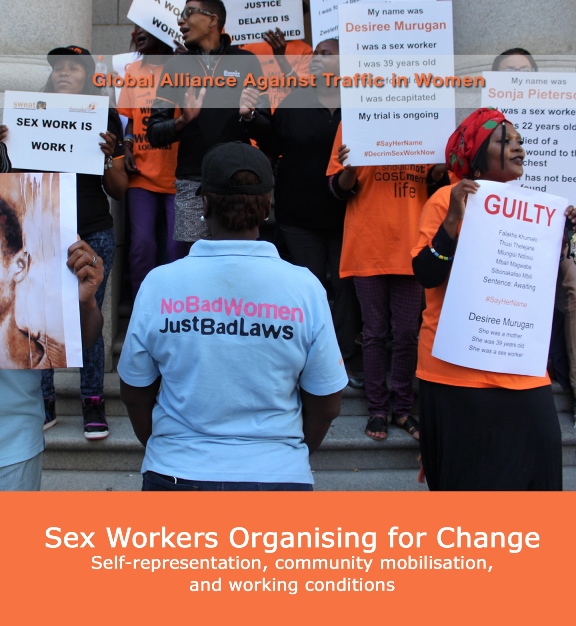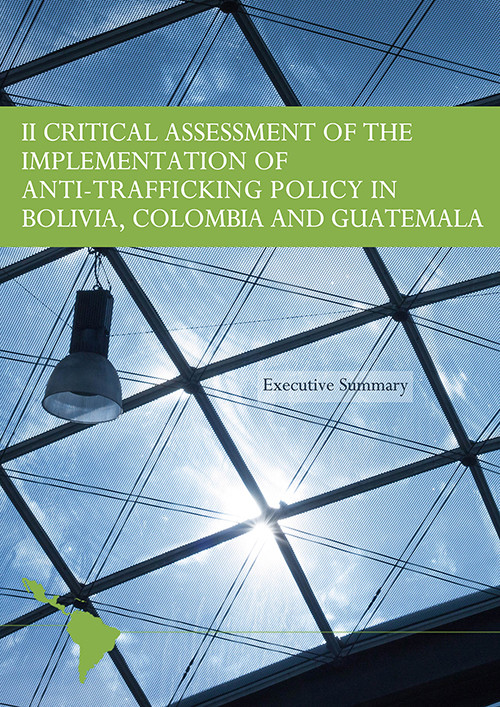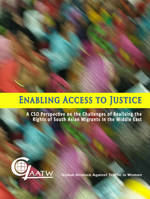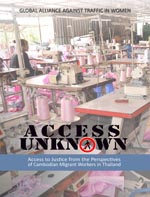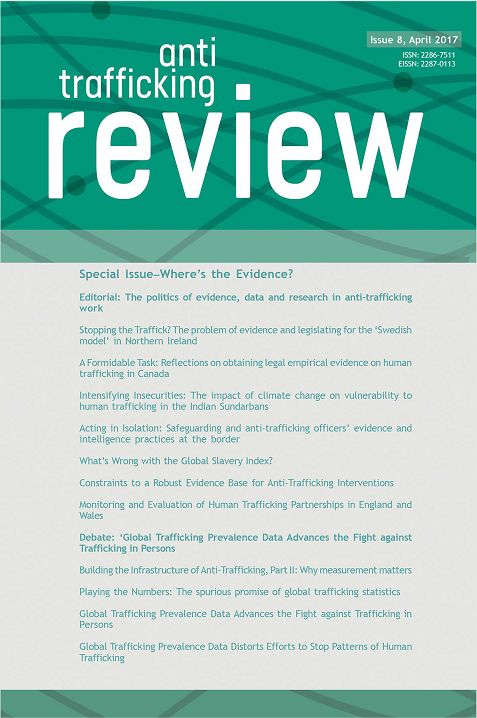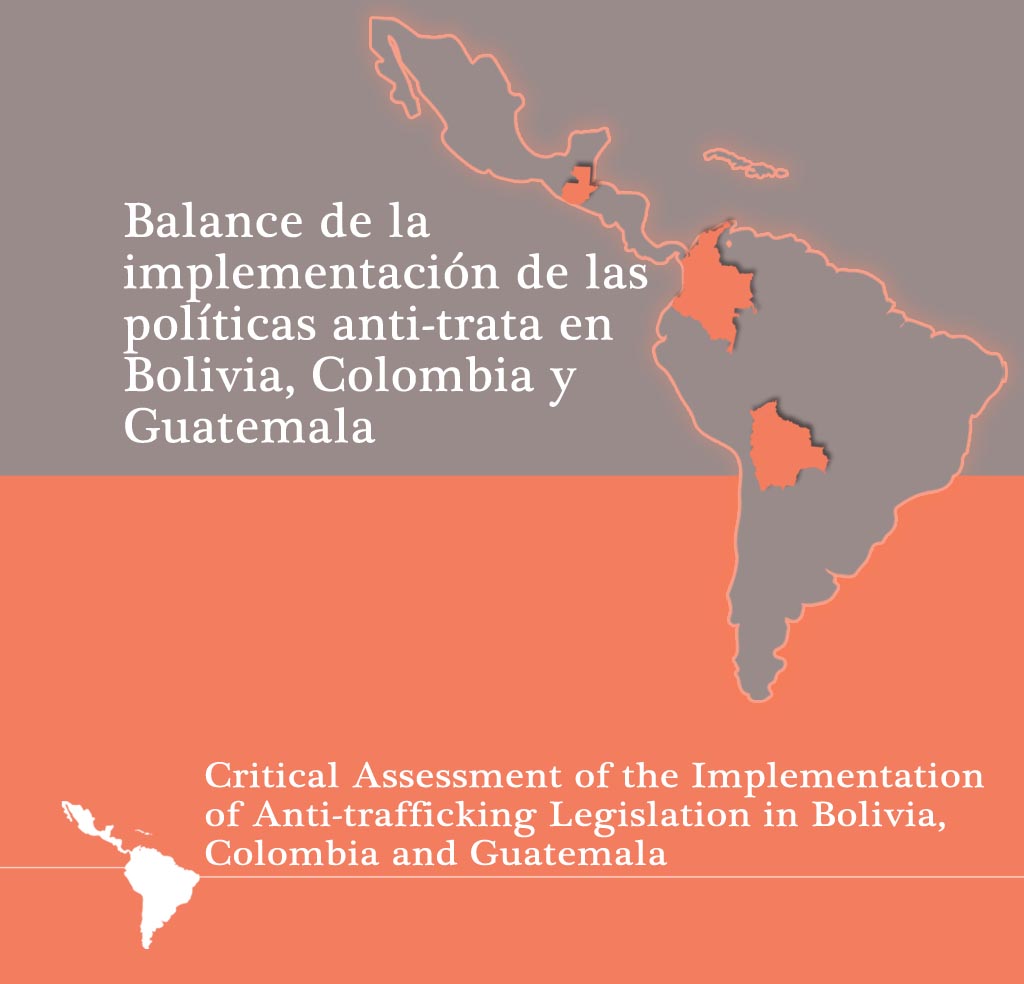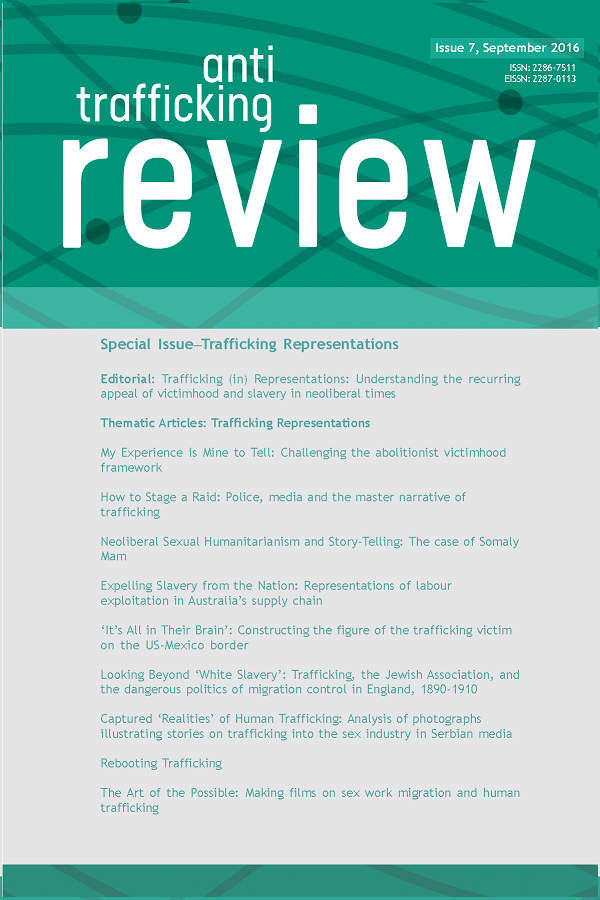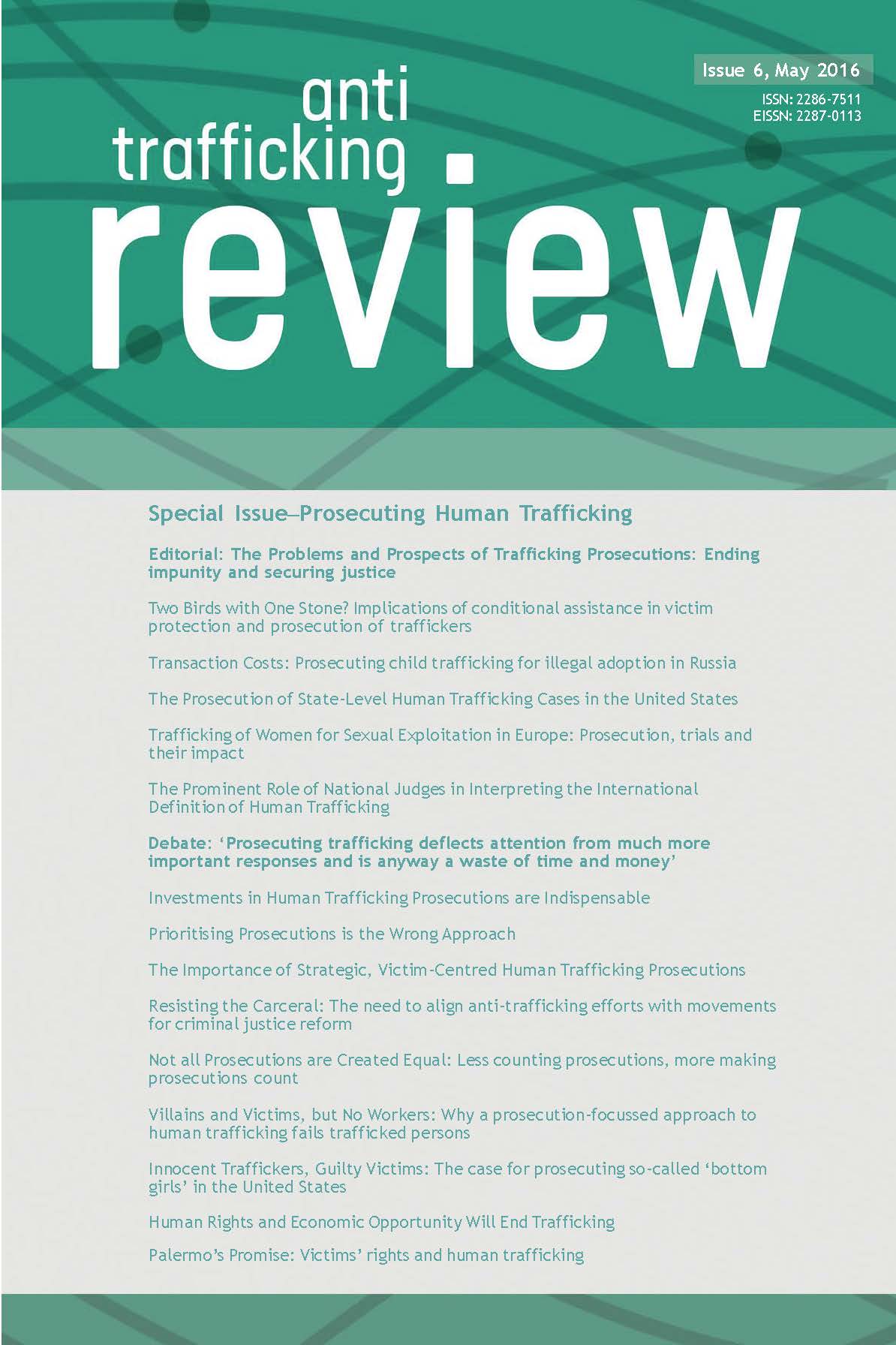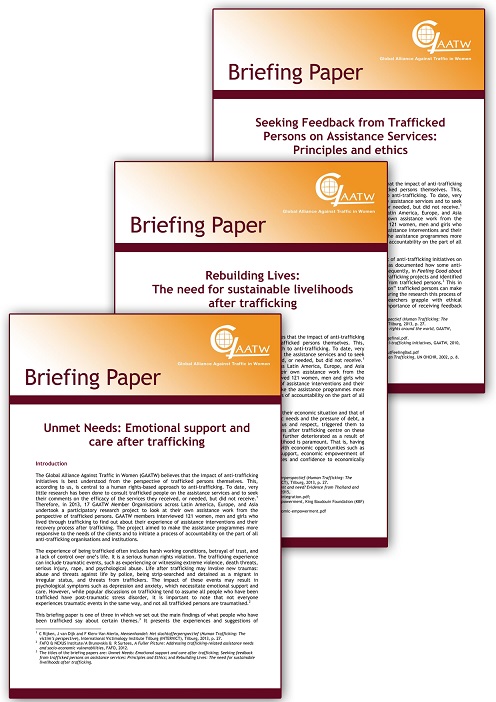E-bulletin December 2020 - News from GAATW members
Asia
Socio-Economic Impact of COVID-19 on Returnee Migrant Women Workers in Nepal
 The Women’s Rehabilitation Center (WOREC), with support from the GAATW Secretariat, carried out a survey among Nepali women migrants who returned from abroad, as well as those who are still abroad, to find out the impact of the pandemic on their income-generating opportunities. The survey with returnees inquired on issues related to wage theft, their experiences in quarantine shelters in Nepal, their relationship with family and friends and whether these are impacted by stigma, and their perceptions of the future employment opportunities in the country. The survey was conducted among 25 returnees and five women who were still abroad, over the phone, Facebook Messenger and WhatsApp.
The Women’s Rehabilitation Center (WOREC), with support from the GAATW Secretariat, carried out a survey among Nepali women migrants who returned from abroad, as well as those who are still abroad, to find out the impact of the pandemic on their income-generating opportunities. The survey with returnees inquired on issues related to wage theft, their experiences in quarantine shelters in Nepal, their relationship with family and friends and whether these are impacted by stigma, and their perceptions of the future employment opportunities in the country. The survey was conducted among 25 returnees and five women who were still abroad, over the phone, Facebook Messenger and WhatsApp.
The returnees reported experiencing stigma in the community, as potential carriers of COVID-19, but only one of the women avoided communicating with anyone outside her family; the other women’s treatment by friends and neighbours improved after the end of their 14-day stay in quarantine shelters.
Most of the women were worried about their financial situation. Those who were still abroad said they were paid half their usual wage during the pandemic but hoped that the situation would improve soon. Those who returned were looking for jobs and willing to work for very low wages. Most were not aware of the various government schemes to support upskilling or starting a small business but even after they were informed about these opportunities, they were sceptical about benefitting from them. Foreign employment remains a far more lucrative option for many.
Based on the survey findings, WOREC makes a number of recommendations to the Nepal government related to providing support to migrant women abroad and returnees. These include offering educational and business opportunities, psychosocial counselling for coping with stress during the pandemic, and better care for migrant workers abroad, including through closer cooperation with the governments of destination countries. The complete survey analysis can be found here.
Sex Workers Initiated Durgotsav with Khunti Puja
Durga Puja is the most popular festival of West Bengal and adjoining regions in India, centred around the worship of Durga, a female deity who is a manifestation of power in Hindu mythology. Pandals (temporary structures set up to worship the goddess) are raised in lanes and street corners with active community participation. For many years the sex workers of Sonagachi were not allowed to organise Durga Puja in their community. Following a favourable verdict by the Kolkata High Court they have been organising Durga Puja in their community for the last few years.
Although initially DMSC was not sure about organising the Puja, the sex workers insisted on holding it on a small scale following all safety guidelines prescribed by the government. Clearly, they did not want to let go of their right to hold public events which they had secured only a few years ago.
To celebrate this year’s Puja, sex workers wanted to represent their determination to survive against all odds. This year’s Puja theme, “Bhenge mor ghorer tala niye jabi ke amare’’ (Who will break the lock of my house and take me away?), was prepared to symbolise the economic condition of the workers due to the prolonged lockdown and their struggle to survive. (Source: DMSC newsletter.)
TWC2 Submits UPR Shadow Report for Singapore
In October, Transient Workers Count Too (TWC2) and the Humanitarian Organisation for Migration Economics (HOME) sent a joint submission to OHCHR, in the lead-up to the Universal Periodic Review of Singapore in 2021.
The submission highlights several areas of concern in relation to migrant workers in the city, including:
- No effective action against high recruitment costs
- Contract substitution still occurs, often through abuses of the In-Principle Approval for Work Permit
- Freedom of movement severely curtailed even after the peak of Covid-19; some workers confined in dorms continuously for six months
- No guarantee against repatriation for migrant workers with pending claims
- No wage protection when employer is insolvent or has absconded
- Job mobility still highly restricted
- Access to healthcare highly dependent on employers
For the complete announcement and a link to the report, see TWC2’s website.
Assessment of the Economic Impact of COVID-19 on Bangladesh Migrant Workers
As the coronavirus pandemic cripples the global economy, the restrictions on movement and the closure of businesses have hit migrant workers particularly hard. To assess the economic impact of the pandemic on Bangladeshi migrant workers, OKUP conducted a survey among 40 migrants working in Saudi Arabia, Maldives, Qatar, Oman, Malaysia, Singapore, UAE, and Lebanon. The survey revealed that 32.5 per cent of the migrant workers lost their jobs since the start of the pandemic and as many continue to work but irregularly. The remaining 35 per cent said they continue to have regular work and income. Almost half of the surveyed workers said they are not trying to return home and want to stay in the destination country. However, more than half also said they were pessimistic about their prospects and worried that the temporary layoffs may become permanent. Read the full report published in October here.
Europe
La Strada Celebrates 25th Anniversary
 On 15 September 1995, three organisations from Poland, Czech Republic and the Netherlands launched the first La Strada project: Prevention of trafficking in women in Central and Eastern Europe. The name of the project was inspired by Federico Fellini’s film La Strada, which follows the story of Gelsomina, an Italian girl who is sold by her mother to the owner of a small travelling circus.
On 15 September 1995, three organisations from Poland, Czech Republic and the Netherlands launched the first La Strada project: Prevention of trafficking in women in Central and Eastern Europe. The name of the project was inspired by Federico Fellini’s film La Strada, which follows the story of Gelsomina, an Italian girl who is sold by her mother to the owner of a small travelling circus.
Since then, the La Strada project has developed into a European NGO Platform, which now comprises 26 member organisations in 23 European countries.
To mark its 25th anniversary, La Strada International launched a year-long social media campaign on Facebook, Twitter, LinkedIn and Website to reflect back and highlight the work achieved over the last 25 years. (Source: La Strada International newsletter issue 58).
GAATW and La Strada have always shared the same philosophy and approach to human trafficking and migration, grounded in human rights, gender equality, and social justice. We wish our sister network and fellow traveller many more successes in their journey.
Swiss Platform against Human Trafficking
To mark this year’s EU Anti-Trafficking Day, GAATW member FIZ Advocacy and Support for Migrant Women and Victims of Trafficking, together with ASTRÉE, Centre Social Protestant (CSP) Genève and Antenna Mayday Ticino, launched a new Switzerland-wide network to combat human trafficking: Plateforme Traite – Swiss Platform against Human Trafficking.
All four NGOs are specialised in the protection of victims of human trafficking and follow a human rights-based and victim-centred approach in their work. The new network will ensure a continuous cooperation and an in-depth exchange of information, so that the four organisations become a stronger voice for the rights of victims of human trafficking in Switzerland. The joint political work will focus on reducing gaps in victim protection. In addition, the Platform aims to raise awareness among authorities, experts and the general public of the rights of victims of human trafficking and their situation.
For more information, see the Platform’s political recommendations and a documentation of the launch event on 14 October.
New KOK Report on Data Collection and Data Protection
 On 18 October, EU day against trafficking in human beings, the German NGO network against human trafficking KOK published a new report on data collection and data protection in anti-trafficking work.
On 18 October, EU day against trafficking in human beings, the German NGO network against human trafficking KOK published a new report on data collection and data protection in anti-trafficking work.
The report provides a new approach to data collection and data security for trafficked persons from a human rights perspective. The new data tool presented in the report, which has been developed by KOK and its member organisations, focuses on the rights and protection of trafficking persons and their access to justice in the German legal system. The tool offers insight into the work of civil society organisations, namely the specialised counselling centres for trafficked persons, and the wide range of services they provide to survivors of trafficking.
Unlike intergovernmental or governmental data collection, the KOK database does not focus on identity and mobility profiles of victims of trafficking, but rather places the implementation of human rights protections and access to justice at the heart of data collection. Thus, the data collected includes, among others, information about access to protection and justice, services provided by the counselling centres, claims for compensation and repayment of wages, and results of the investigation and prosecution of perpetrators.
Furthermore, as a critical civil society database, KOK does not use global commercial data processing systems. Instead, all systems are developed specifically under the specification of KOK, and a separate server is rented.
Data collection and surveys may seriously violate the human rights of marginalised individuals, support global surveillance capitalism, and be used as part of a repressive migration policy. The NGOs represented in KOK have opted for a different way of collecting data: the KOK data tool tries to create a platform that makes it possible to include both the voice and the agency of victims, to show the complex and time-consuming work of civil society and to document the implementation of access to justice.
A comprehensive documentation and evaluation of the KOK data tool is planned for 2021.
ICRSE Report on Violence against Sex Workers in Europe
 On 28 October, the International Committee on the Rights of Sex Workers in Europe (ICRSE) launched their new report ‘Undeserving victims? A community report on migrant sex workers victims of crime in Europe.’ In cooperation with 12 national partner organisations from 10 European countries, ICRSE collected and analysed 49 cases of violence and crimes committed against sex workers. Sex workers were involved in the design of the research methodology, including defining its aims, creating a semi-structured interview template, and collecting evidence as recruiters of respondents and in the role of interviewers. The report highlights some of the key obstacles faced by sex workers in accessing justice and focuses in particular on enabling and disabling factors of reporting crime and on the effects of policing sex work on the ability to report crime. The report was launched at an online event where migrant sex workers shared testimonies alongside with presentations of European civil society organisations and Members of the European Parliament.
On 28 October, the International Committee on the Rights of Sex Workers in Europe (ICRSE) launched their new report ‘Undeserving victims? A community report on migrant sex workers victims of crime in Europe.’ In cooperation with 12 national partner organisations from 10 European countries, ICRSE collected and analysed 49 cases of violence and crimes committed against sex workers. Sex workers were involved in the design of the research methodology, including defining its aims, creating a semi-structured interview template, and collecting evidence as recruiters of respondents and in the role of interviewers. The report highlights some of the key obstacles faced by sex workers in accessing justice and focuses in particular on enabling and disabling factors of reporting crime and on the effects of policing sex work on the ability to report crime. The report was launched at an online event where migrant sex workers shared testimonies alongside with presentations of European civil society organisations and Members of the European Parliament.
Combating Human Trafficking in Serbia
In September, ASTRA – Anti-Trafficking Action launched a campaign to raise public awareness about human trafficking, its forms and representations in Serbia titled ‘DON’T LOOK AWAY – Human Trafficking is not a Parallel Existence: It is a Harsh Reality’. The aim of the campaign is to point out to one of the biggest misconceptions related to trafficking - that it happens to someone else and somewhere else – as well as to increase public awareness of the most common forms of human trafficking in Serbia. With the campaign, ASTRA reminds that human trafficking can happen to anyone and that victims come from all social groups and that traffickers are not always recognisable at first glance. On the contrary, they are often acquaintances, potential or fake employers, relatives and / or partners of the victims.
In November, ASTRA published the report Justice for Victims of Trafficking in Human Beings - Practicum for judges and public prosecutors. The aim of the publication is to contribute to additional education and sensitisation of judges and public prosecutors involved in decision-making in cases related to trafficking. It is divided into six sections, which deal with various aspects related to the topic: from domestic and international normative framework, through the relationship between trafficking and other crimes, and the rights of victims in national and international law, concluding with a chapter on the different types of trauma that victims go through.
ASTRA hopes that publication will be of use to professionals from the judicial system and to all those who can directly or indirectly contribute to improving the position of victims of trafficking.
The Americas
New GAATW Member Organisations in LAC
We recently accepted two new member organisations from the Latin America and Caribbean region. Libera Foundation against Trafficking in Persons and Slavery in All Its Forms works to prevent human trafficking by disseminating knowledge, conducting training and research, and providing legal and social assistance to victims and vulnerable people and communities in Chile and Latin America.
CEDAW Committee of Trinidad and Tobago focuses on advocacy and public awareness and education on and for the Convention for the Elimination of All forms of Discrimination Against Women (CEDAW).
The GAATW Secretariat extends a warm welcome to the newest members of our family and hopes that this will strengthen our work in LAC and beyond. With these two new additions, we now have ten members in the LAC region.
Harms of Anti-Trafficking
 More and more people are learning about human trafficking and feel compelled to do something about it. Unfortunately, this desire to take action is not always expressed in productive ways. Some initiatives are ineffective. Others are harmful, and actually increase vulnerability to human trafficking.
More and more people are learning about human trafficking and feel compelled to do something about it. Unfortunately, this desire to take action is not always expressed in productive ways. Some initiatives are ineffective. Others are harmful, and actually increase vulnerability to human trafficking.
By raising awareness about the negative consequences of mainstream anti-trafficking initiatives, SWAN Vancouver will work with the community to address these harms.
SWAN's video, guidebook, action group and interactive webpage provide concrete tools anyone can use to think critically about mainstream anti-trafficking initiatives and campaigns, separate fact from fiction, and help without harming.
The project launch webinar includes the original release of the video, followed by a moderated panel discussion featuring four leaders in the global discourse on ethical approaches to addressing human trafficking.
Sex Workers Project Gets a Boost
GAATW member Sex Workers Project (SWP) at the Urban Justice Center in New York received a generous donation of USD 1.2 million from the Sex Work Rights Fund to significantly increase SWP’s capacity, size, scope, and impact. With this gift, SWP was able to hire a Director of Communications, Director of Development, Director of Research, Organizing, and Advocacy, and an Associate Director for State and Local Campaigns, as well as locally based organising consultants. While continuing to focus on legislative efforts in New York, SWP will also focus on building a statewide campaign in Oregon to decriminalise and destigmatise sex work, partnering with SWR and other national, statewide, and local human rights organisations through 2020 and beyond.
In a movement that is critically under resourced in the United States and globally due to criminalisation and sex shaming, a gift of this size is exceedingly rare and desperately needed. Compared with other human rights movements, the sex worker rights movement has lacked needed infrastructure and resources to change public opinion and policy at the local, state, and federal levels for decades. Multiple forms of consensual adult sex work remain criminalised in all jurisdictions of the United States, with the exception of specific counties in Nevada—which make beneficial exceptions for sex work at brothels—but otherwise maintain criminalisation. For more, read SWP’s press release.
The GAATW Secretariat congratulates SWP and is excited about the prospects for stronger collaboration in the future.
Trafficked Persons Speak Out
 Capital Humano y Social Alternativo presented the book ‘Seeking justice: Trafficking in persons, violence and exploitation: 40 testimonies’ written by Andrea Querol. The book describes, through in-depth interviews, what thirty victims of trafficking and ten of their relatives experienced in their interactions with various state institutions after leaving the situation of trafficking in Peru.
Capital Humano y Social Alternativo presented the book ‘Seeking justice: Trafficking in persons, violence and exploitation: 40 testimonies’ written by Andrea Querol. The book describes, through in-depth interviews, what thirty victims of trafficking and ten of their relatives experienced in their interactions with various state institutions after leaving the situation of trafficking in Peru.
At the book presentation, Rosario Sasieta, Minister of Women and Vulnerable Populations, Rosario López Wong, senior prosecutor responsible for human trafficking, Martín Castro, from USAID Peru, and Ricardo Valdés, executive director of CHS Alternativo highlighted the importance of this book to make public institutions and civil society aware of the needs of victims and survivors.
Comments to the book were presented by Marfil Francke, professor at the Pontificia Universidad Católica and specialist in rights-based development, and Eduardo Vega, former Ombudsman and current director of the Institute of Ethics and Development at the Universidad Antonio Ruiz de Montoya.
The book gathers the victims’ perception of their interaction with representatives of justice and social service systems who are tasked with their recovery, reintegration, and access to justice. Their voices and experiences are powerful and they make recommendations to bring real and effective solutions for those affected by trafficking in persons in Peru. You can read the book (in Spanish) here.
Prevention of Sexual Exploitation of Children in Tourism
With the restarting of international flights, railway and fluvial transport, and the resumption of activities of travel agencies and tour operators in Peru, CHS Alternativo took steps to ensure the protection of children and teenagers from sexual exploitation and trafficking in the context of tourism.
Therefore, CHS Alternativo and the Peruvian Ministry of Foreign Trade and Tourism presented an online free course ‘Prevention of Sexual Exploitation of Children in Travel and Tourism’. The course has five modules that detail the importance of a tourism that is sustainable and responsible towards the environment and communities and how to identify child sexual exploitation is, and how to report it. See more (in Spanish) here.



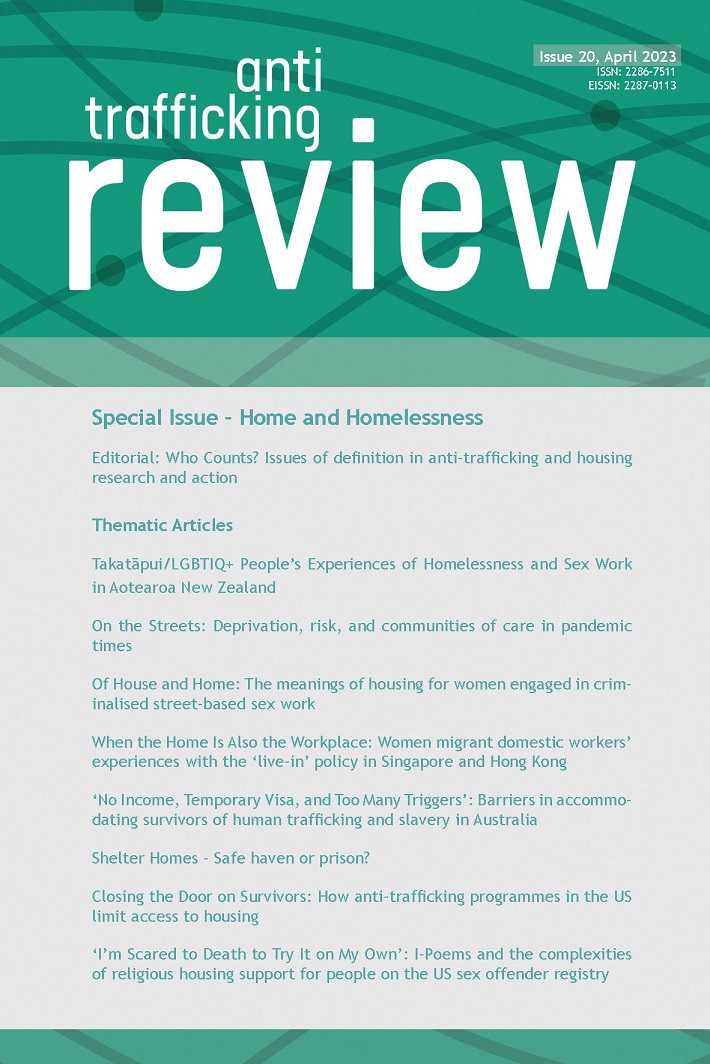
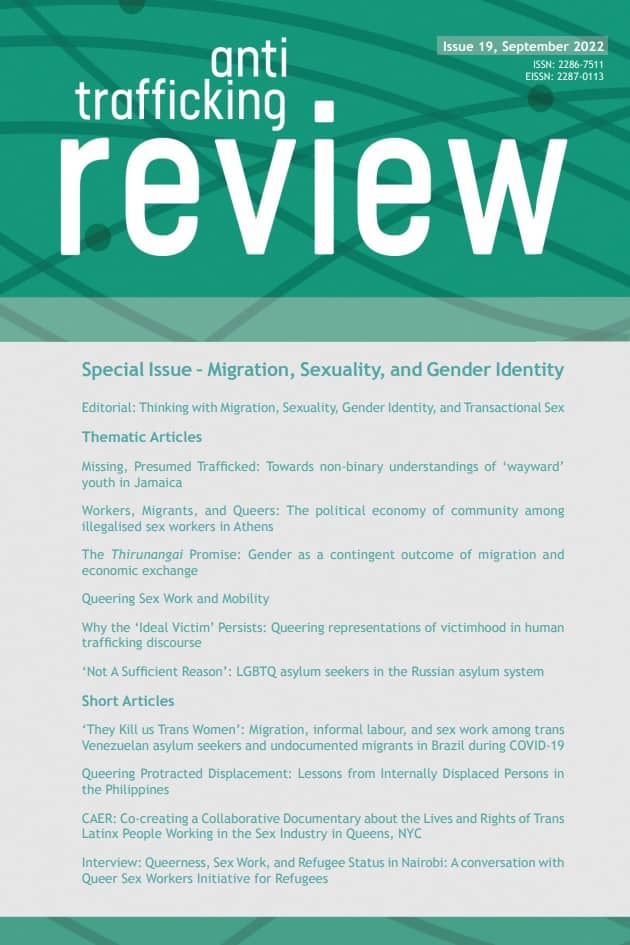
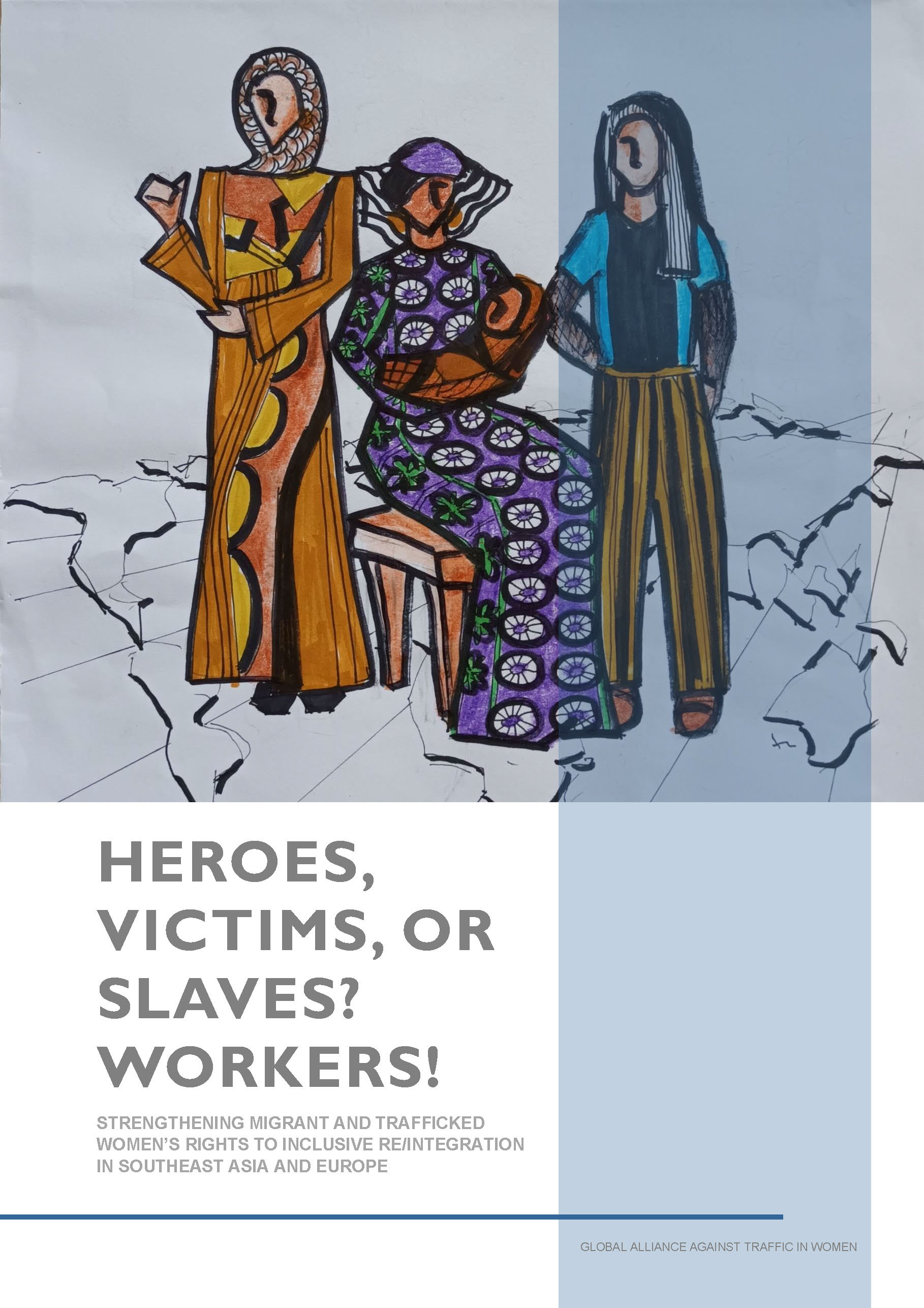
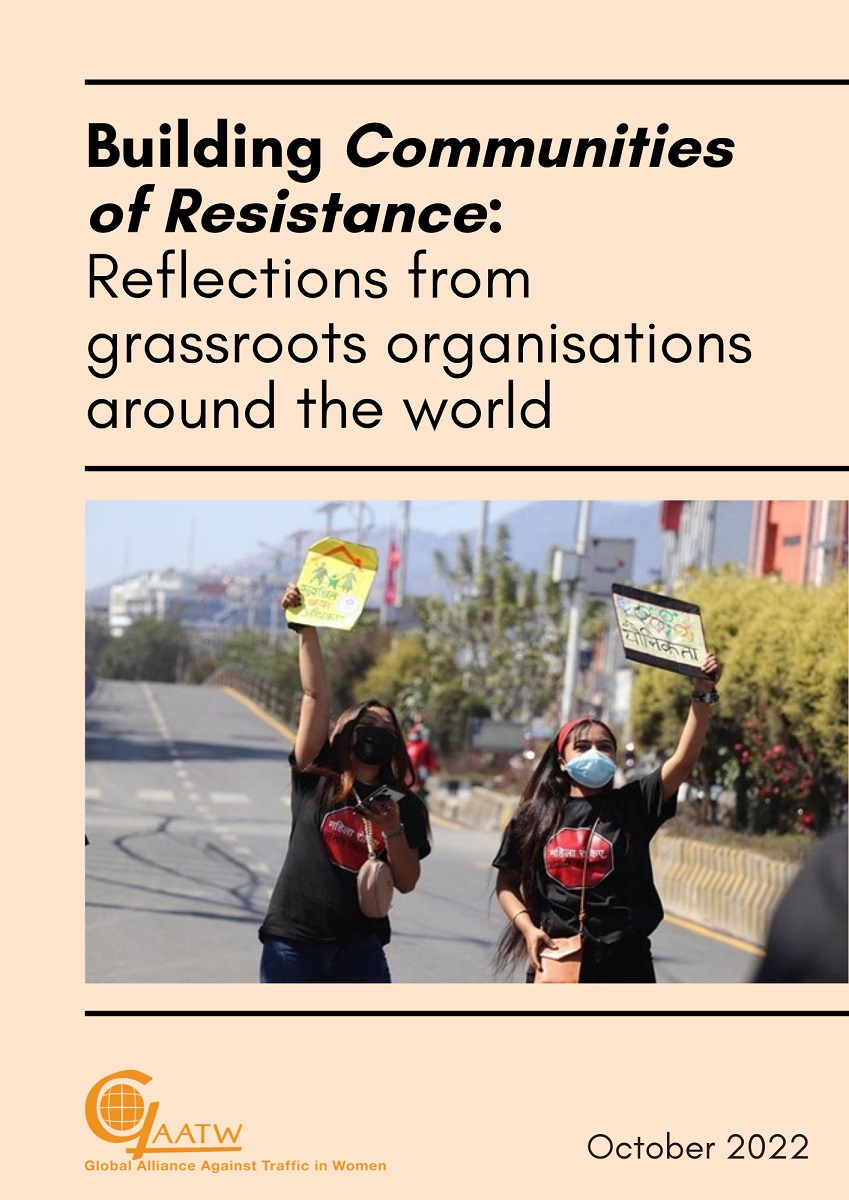
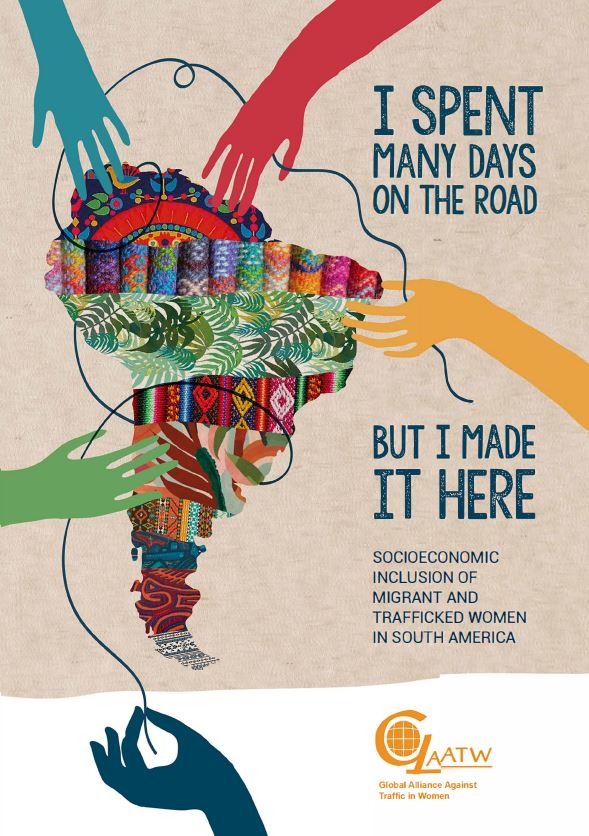
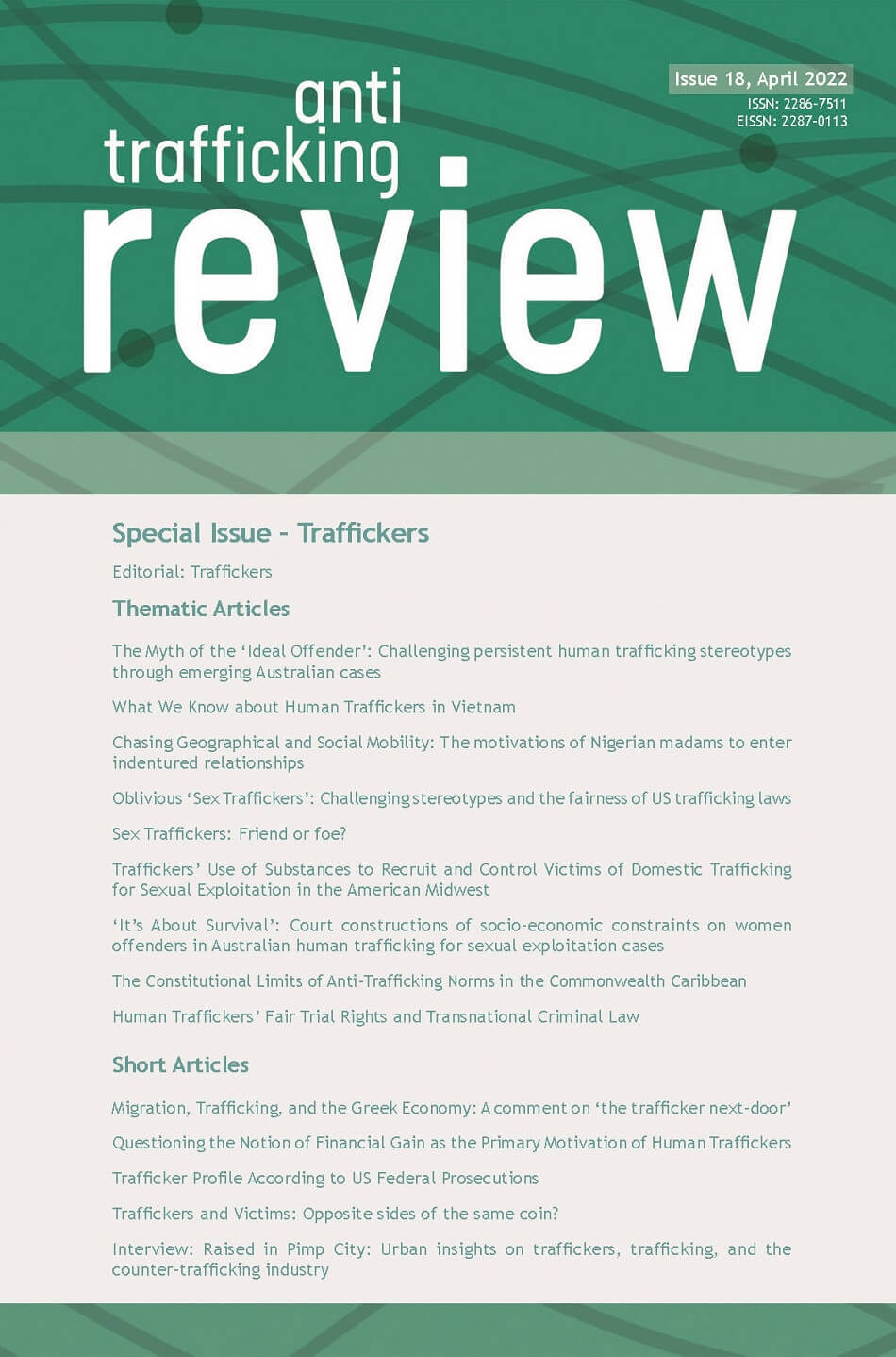
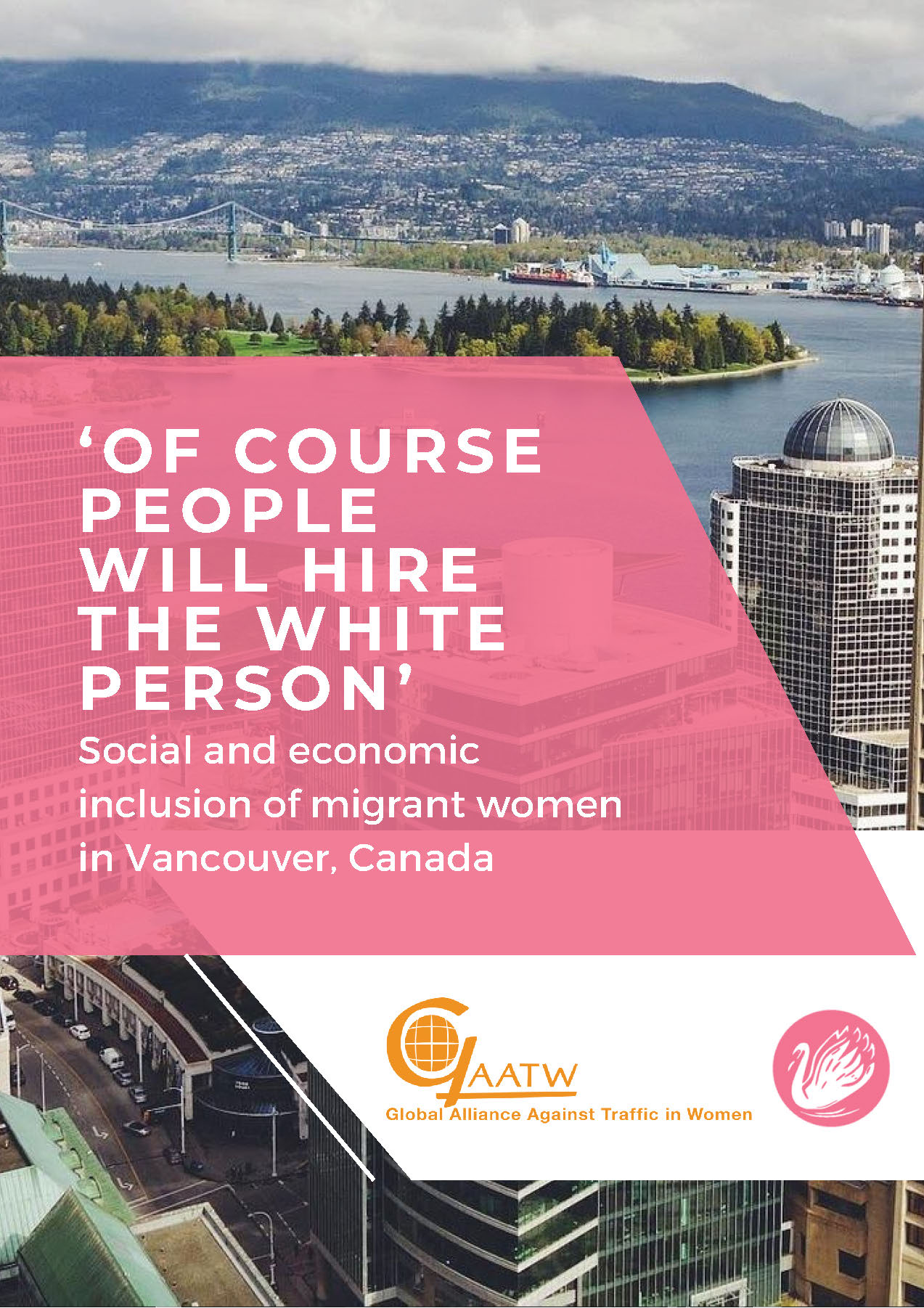
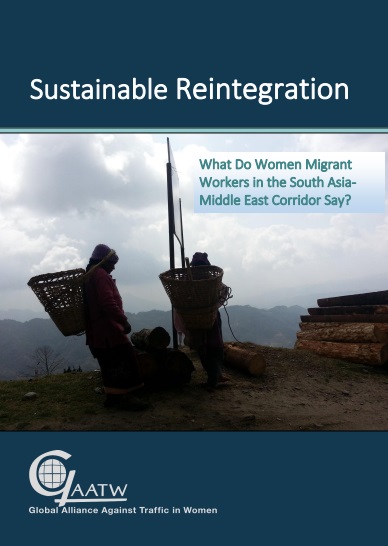
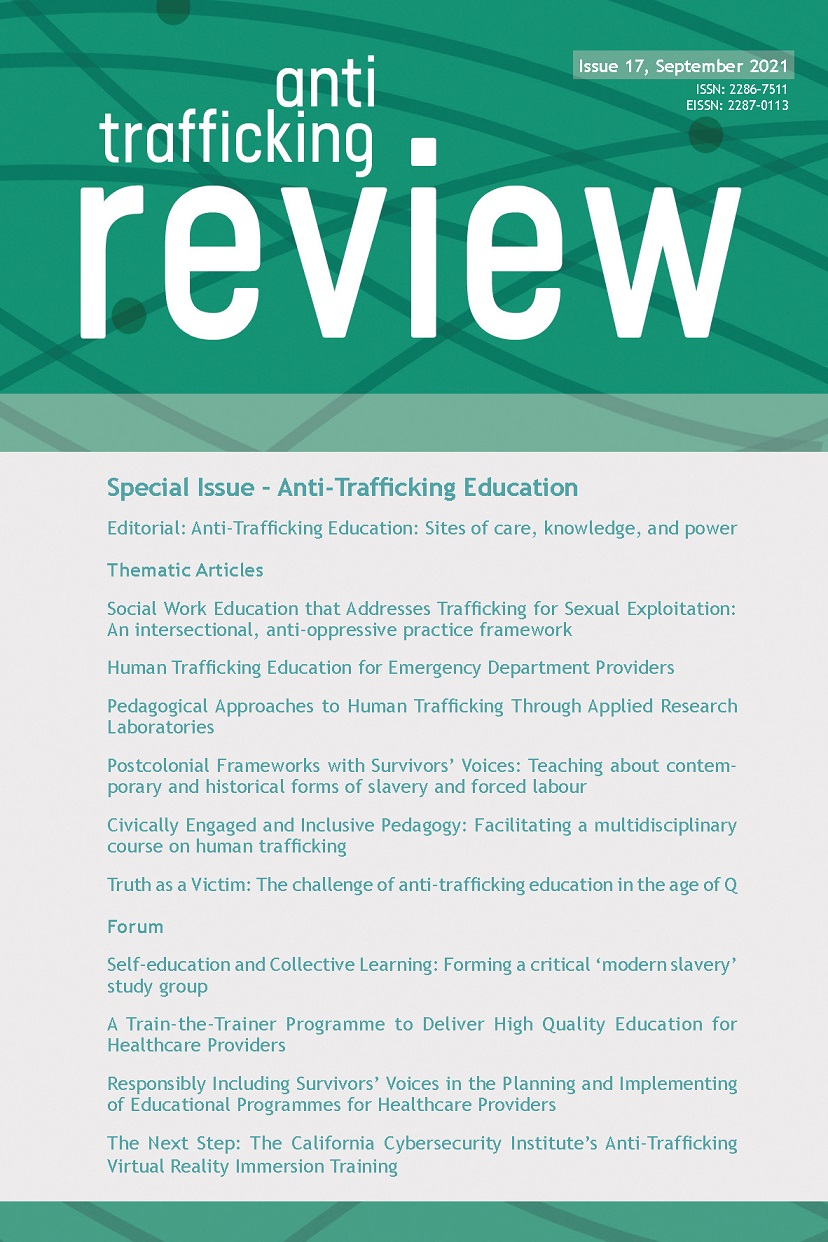
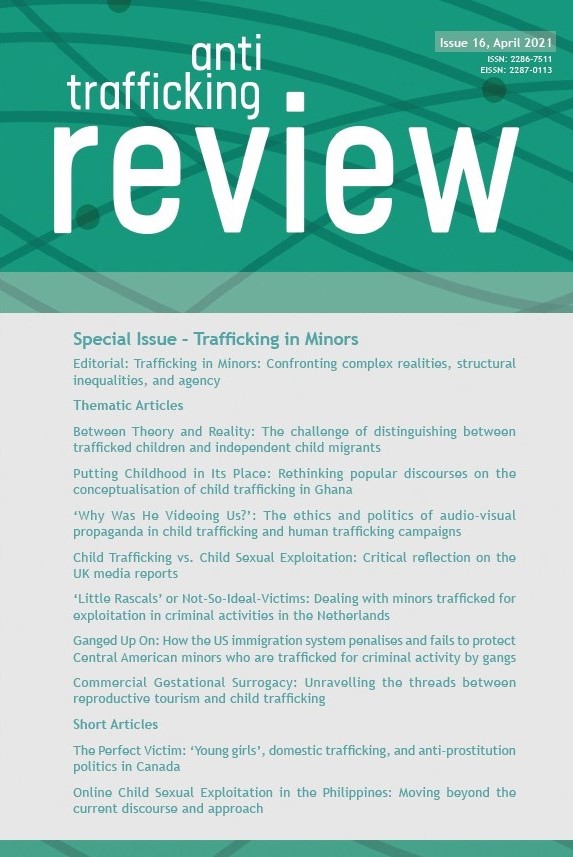
.pdf - Adobe Acrobat Pro 2_8_2021 4_36_32 PM.png)
